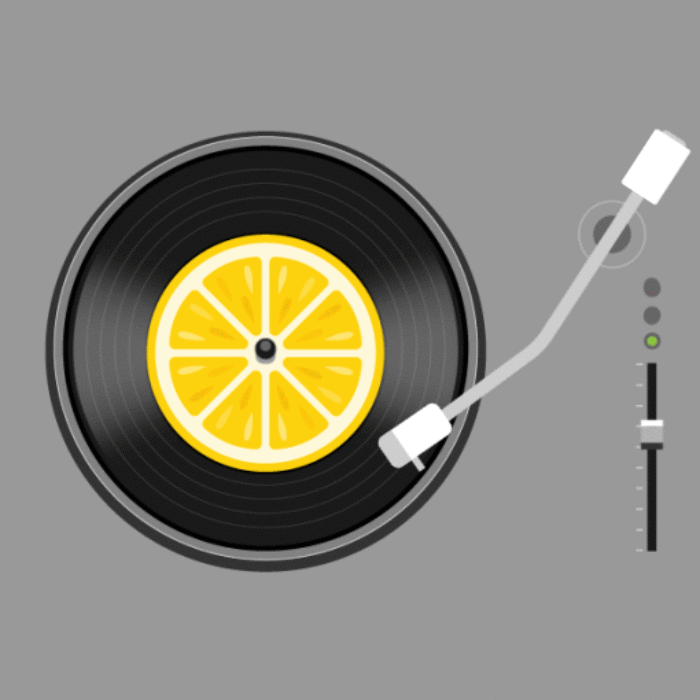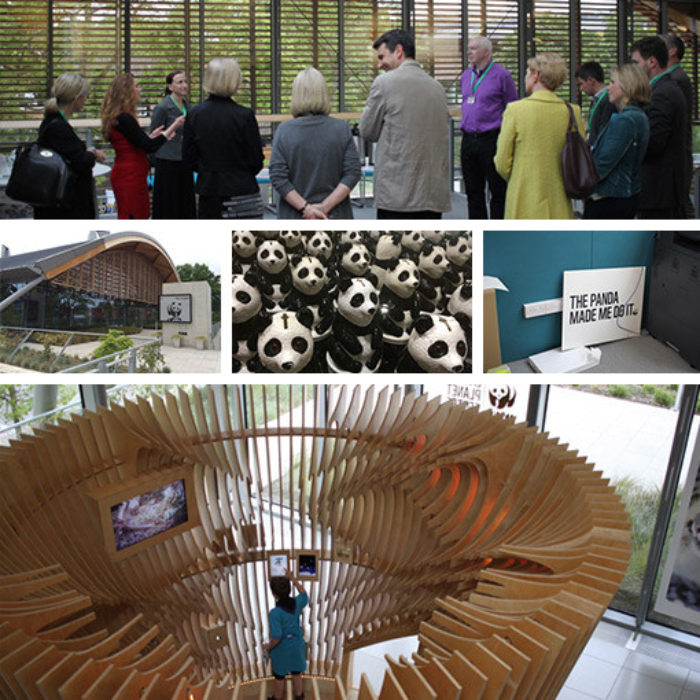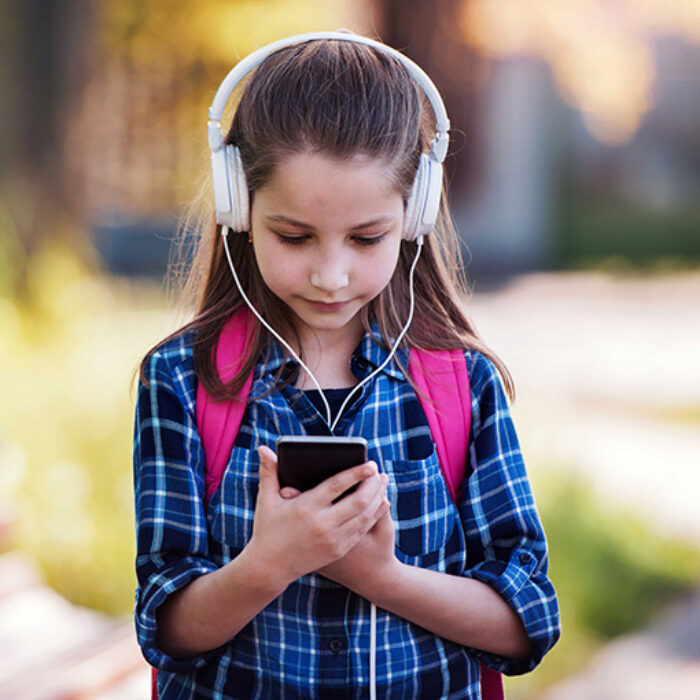Covid-19: A study in behaviour change at scale
Covid-19: A study in behaviour change at scale
For change makers, the pandemic has been a unique study in behaviour change. It’s a rare example of global government intervention across many behaviours at the same time.
We were invited to stay home, wear masks, wash hands, socially distance, work from home, self-isolate, get tested, download a test and trace app. We were asked not to go to sports events, eat in restaurants, drink in pubs, go to live arts events or music gigs.
As a result there were a huge range of additional emerging behaviours: drive less, fly less, Zoom more. As new cases dipped we were encouraged to eat out, go to pubs, support local businesses. And as the vaccine arrives we face a whole new behavioural programme.
Breaking the norms
The usual rule for behaviour change is one behaviour, one audience, one motive at a time. To achieve real change across multiple behaviours requires government action. Here is how unusual the pandemic has been.
Impact: The impact was to save lives and reduce short and long-term health issues. Other objectives included reducing the impact on hospitals so they could cope. Spin off impacts included reductions in CO2 emissions, improvements in air quality, millions of job losses, a great re-balancing of where we work and an appreciation of workers providing essential services.
Audiences: Everyone. Usually there are specific priority audiences. In this case there were many, split by age (older people were more likely to die), ethnicity, occupation (health workers and care workers were at greater risk), people with pre-existing conditions, people in specific geographies (where the virus surged), and people in different socio-economic groups.
Motivations: Again, unusually, there were multiple motives engaged. They included:
- Fear: personal concern about our own health
- Concern for others: we are motivated not to spread the virus
- Authority: we act to comply with rules applicable to all
- Control: desire to stay in control and avoid loss of control
- Social proof: everyone is doing it, so should we
Interventions: Covid-19 is a classic issue revealing the idea of interventions – specific points in space and time where we are touched by the need to act. In this case they include being asked to wear masks as we shopped, stay two metres apart when outside of the home, sit outside at pubs, use hand gels as we enter public buildings, watch daily briefings, isolate on return from certain countries and ask people to leave parcels outside homes and walk away.
Evaluating the evidence
Perhaps the biggest surprise for change makers is the absence of conclusive evidence on a range of markers.
The debate about the effectiveness of facemasks continues. According to a report in The Lancet “systematic reviews of facemask-use suggest relative risk (RR) reductions for infection ranging from 6%–80%”.
There is still uncertainty about which settings create greatest risk. One study quoted in the New Scientist said the risk of passing on the coronavirus in the home is 10 times higher than within a hospital, and 100 times higher than on public transport (New Scientist, October 24th 2020).
Considering the context
The impact of Covid-19 hasn’t been put in the context of other health risks. The pandemic has taken over 1m lives globally to date. Yet, the wider context is that the biggest killers by far are cardiovascular disease (more than 17m deaths a year), cancers (more than 9.5 million a year) and respiratory diseases (three million annual deaths). Even road traffic accidents kill more than a million a year worldwide.
Why is the impact of Covid-19 not put in this wider context? Or, even more widely, against the impacts of the pandemic, and our responses to it, on mental health, job losses, wider health conditions, young people and public finances?
You wouldn’t know that behavioural science has had a place at the table against this kind of context. Fortunately, there are a growing range of platforms encouraging debate and balancing the evidence – among them the Centre for Evidence-Based Medicine, the Hygiene Hub, the Global Investigate Journalism Network and the slow news platform Tortoise, whose Covid-19 inquiry is underway.
We’ll be learning the lessons for years to come. Among them will certainly be the ingenuity of people to find solutions quickly, and the huge willingness of billions of people to change their behaviours to help themselves and others.
For a deeper dive into the science that underpins people’s Covid-safe behaviours, join our free Zoom Discovery session on December 3rd, where John Drummond and Belinda Miller will share the latest behavioural insights for improving public compliance with Covid interventions.
RESERVE YOUR PLACE TODAY



